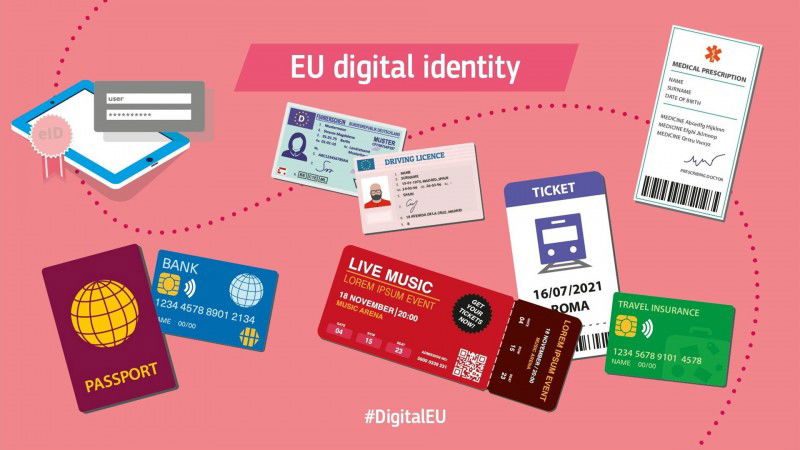EGBA backs EU Commission proposal for European digital identity

The European Commission announced plans Thursday for a European digital identity, an electronic identity wallet (e-ID) to allow EU citizens to access public and private services online. The European Gaming and Betting Association (EGBA) said it welcomes the proposal and believes it will lead to more common approaches to identity verification for many online sectors in Europe, including online gambling.
The European Commission’s new proposal, which amends the Commission’s previous eIDAS regulation, would oblige EU public and private sector bodies to offer the e-ID and allow for EU citizens to utilize the e-ID anywhere in the EU to identify and authenticate themselves to access services in both the public and private sectors.
The EGBA believes that the introduction of a European e-ID could have significant and positive impacts on how customer identity is verified in Europe’s online gambling sector.
It would benefit customers by providing a reliable method in every EU country to verify their identity in an easy and secure manner. It would also allow the customer to control what information they wish to share.
It would benefit operators, by providing them with a new streamlined method for compliance with the different national Know-Your-Customer requirements, such as age verification, which they must comply with within the EU. A standardized identity verification method would particularly help reduce administrative and compliance costs for those online gambling operators who operate across multiple European jurisdictions.
It would also benefit regulators, by offering them across the EU a standardized method to identify customers and support operator compliance in their jurisdiction. It could also positively impact the EU's fight against criminal and fraudulent activity.
According to the European Commission, the adoption of a European e-ID could generate €9.6 billion ($11.69 billion) in benefits for the EU economy and create up to 27,000 jobs over a five-year period. Currently, 14 EU countries have e-ID schemes, of which only 7 include mobile apps and, by 2030, the Commission has set a target that 80% of EU citizens use e-ID.
The Director of the EGBA Ekaterina Hartmann, said: “An ever-increasing number of Europeans are using online services and a common electronic identification method would help them access online services in a practical, secure way that safeguards their data. We welcome the proposal for a Europe-wide e-ID, which would have significant positive impacts on the way KYC is conducted in Europe’s online gambling sector and help establish more common approaches to identity verification. An EU e-ID would, for example, help strengthen existing processes to prevent minors from accessing online gambling and to fight fraud and money laundering.”


















































